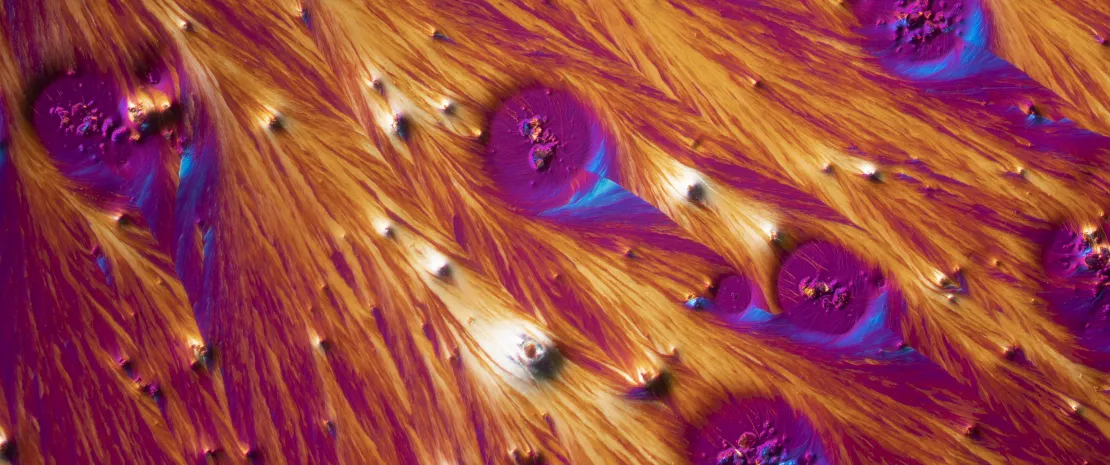IBS, gut microbiota and depression: a trio shedding light on the disease
4 to 10%1,2 of the world’s population suffers from Irritable Bowel Syndrome (IBS), a disease whose pathophysiological mechanisms remain unclear. The gut microbiota’s involvement has already been studied, but to date no strong correlation has been found. A team of Chinese researchers wanted to know more...
Lay public section
Find here your dedicated section
Sources
This article is based on scientific information

About this article
Irritable Bowel Syndrome is a functional gastrointestinal disorder which has depression as one of its most common psychiatric comorbidities. A multi-omic study has recently highlighted the role of the gut microbiota and its metabolites in IBS and associated depression.
52% Just 1 in 2 people having suffered from a digestive condition involving the microbiota had made the connection
This study3 involved 431 patients from two cohorts:
- one discovery cohort (n=330 patients, 264 with IBS and 66 controls)
- and one validation cohort (n=101 patients, 86 with IBS and 15 controls).
Metagenomic and metabolomic analyses were conducted on stool and serum samples to identify potential biomarkers of the disease.
4 to 10% Although prevalence rates for IBS seem to vary from country to country, it is estimated that the disease affects 4 to 10% of the worldwide population.
Serum metabolites as potential IBS markers
Stool analysis revealed only moderate dysbiosis. It appears neither fecal microbiota composition nor fecal metabolites can discriminate IBS patients from healthy individuals.
However, serum metabolites identified in patients showed significant differences, with greater power to distinguish IBS patients from healthy controls. In total, 726 serum metabolites were identified (compared with only 8 fecal metabolites), including a cluster of fatty acyl-CoAs (a type of fatty acid) enriched in IBS.
1 in 10 people Although prevalence rates for IBS seem to vary from country to country, it is estimated that the disease affects about 1 in 10 people worldwide.
Gut bacteria strongly associated with fecal metabolites
Numerous associations (522) between fecal metabolites and gut bacteria were also found. In particular, three species (Odoribacter splanchnicus, Escherichia coli, and Ruminococcus gnavus) were strongly associated with a low abundance of dihydropteroic acid, an intermediate product for folic acid, itself present in very low amounts in IBS patients. Furthermore, among the most significant serum markers in IBS patients were fatty acyl-CoAs, suggesting a deregulation of fatty acid metabolism in IBS.
Deregulated tryptophan/serotonin metabolism correlates with severity of depression
The results suggest a correlation between tryptophan/serotonin metabolism and the severity of depression associated to IBS. Certain bacteria strains, such as Clostridium nexile or Roseburia inulinivorans, are over-represented in IBS patients with depression and are associated with the presence of certain tryptophan metabolites in serum. The L-tryptophan synthesis pathway is also strongly associated with the severity of depression.
As with other recent publications, this new study seems to confirm the key role played by the gut microbiota in IBS. Such findings are progressively lifting the veil on the poorly understood pathophysiological mechanisms involved in IBS and are paving the way for new therapeutic avenues targeting the microbiota and/or its metabolites.
A subject to be followed closely.
2. Sperber AD. Epidemiology and Burden of Irritable Bowel Syndrome: An International Perspective. Gastroenterol Clin North Am. 2021 Sep;50(3):489-503.
depending on the geographical region and the criteria used for assessment.








